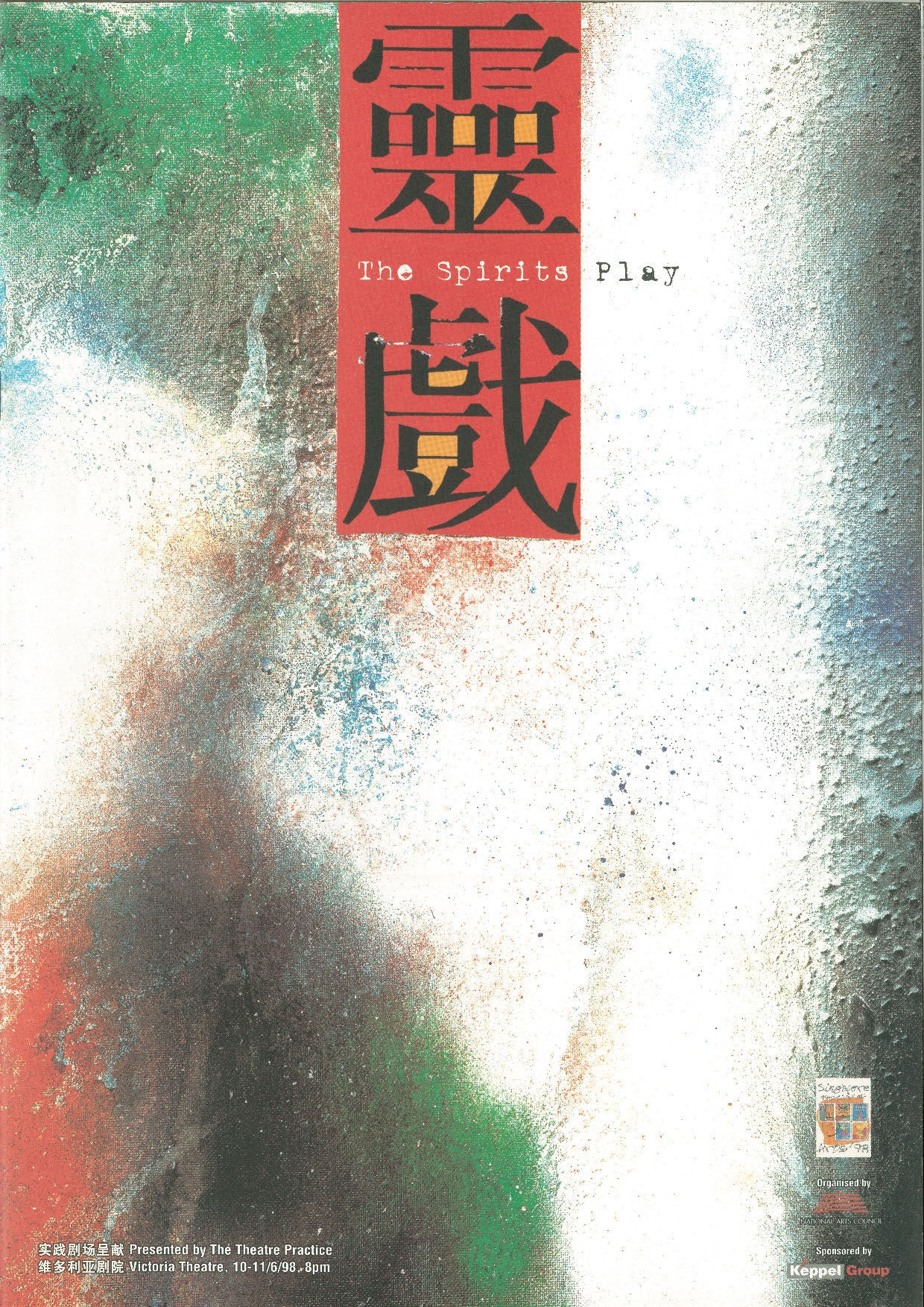On these final resting grounds lay soldiers, prostitutes and a scholar. This sounds like a foreign land, ruins on a faraway wilderness. In actual fact, this cemetery is in our midst. It sits quietly in a private residential district, on Chuan Hoe Avenue in Yio Chu Kang.
The soldiers were from the Japanese Imperial Army of the Second World War. They were killed on battle grounds during the war, in execution chambers after. They died of illness, by accident, by suicide. They all lay here, regardless of rank or power.
Their tombstones, it has been said, were carved from stones stained with the blood of downed soldiers. These stones were transported secretly from Johore Bahru after the war by Japanese prisoners of war and were engraved with the words "martyr", "sacrifice"...
The prostitutes came from Japan in the early part of this century, driven by poverty. They are too humiliated to return. Their tombstones were engraved with their Buddhist names and face West, away from the direction of their homeland.
The scholar is alone. In 1909, on his return from Russia, the famous literary figure Futaba Teishimei contracted tuberculosis and never made it back to Japan.
The trinity of the soldier, the woman and the scholar - fertile grounds for the birth of tales and fables. Yet their deaths were hardly romantic. Nationalism, war, poverty, freedom - the living has made history lessons out of the dead. Yet the living has still to learn...
